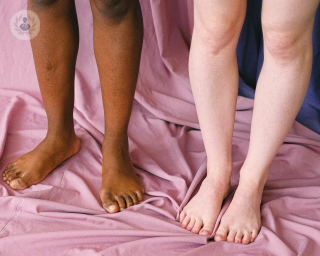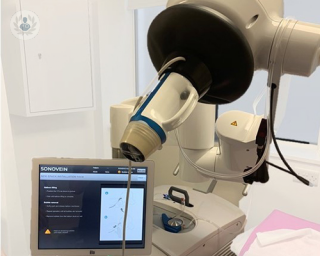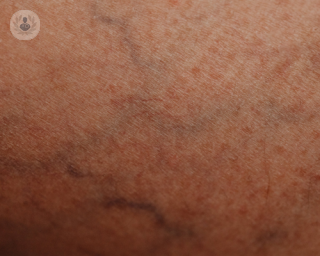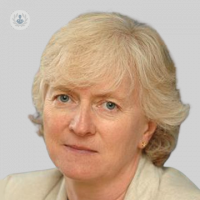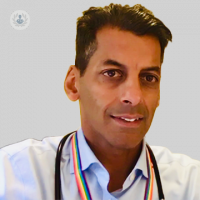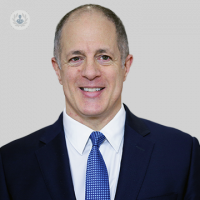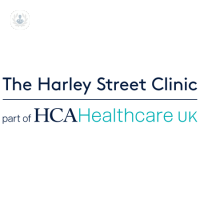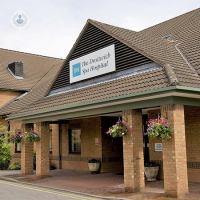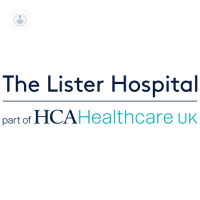Varicose veins
What are varicose veins?
Varicose veins are enlarged and swollen veins, usually forming in the legs and feet. Often they can appear as lumpy, blue or purple and bulging. Although varicose veins are frequently a cosmetic concern, for some people they can also cause pain and discomfort, and can sometimes lead to more serious problems.
There are different types of varicose veins, including:
- Reticular – red and grouped closely together.
- Trunk – close to the skin’s surface and very thick.
- Telangiectasia – also known as spider veins, they appear as small groups of blue or red veins that do not bulge.
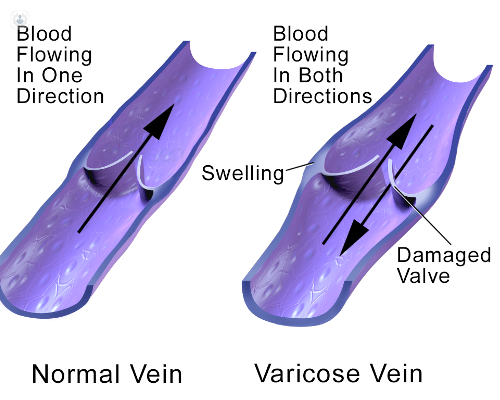
What are the symptoms of varicose veins?
The main symptoms of varicose veins include:
- heavy, aching legs
- burning or throbbing in the legs
- dry, itchy skin on the affected veins
- cramps in the legs, especially at night
- swollen ankles and feet
What causes varicose veins?
Varicose veins occur when the valves inside the veins malfunction. Blood should flow smoothly to the heart, but if a valve is weakened or damaged, blood can flow backwards and collect in the veins. This eventually results in swollen, varicose veins.
There are certain risk factors associated with developing varicose veins, including:
- older age
- pregnancy
- being female
- being overweight
- having family members with varicose veins
- standing for long periods over time
How can varicose veins be prevented?
There is little evidence that indicates varicose veins can be prevented, however, techniques that improve circulation are thought to reduce the risk of developing them.
There are also measures that can help relieve the symptoms caused by varicose veins:
- Exercising regularly, to maintain a healthy weight and to improve circulation.
- Avoid standing for long periods, and to move around frequently.
- If there is pain, raise the legs on pillows throughout the day to relieve the discomfort.
What is the treatment for varicose veins?
Initially, treatment for varicose veins is usually the use of compression socks or stockings, exercising regularly and elevating the legs when in discomfort.
However, if they are still causing pain and discomfort or have caused complications, then there are other treatment options, including:
- Sclerotherapy – special foam is used to close the affected veins.
- Endothermal ablation – heat is used to seal the veins.
- Ligation and stripping – the affected veins are removed.
Varicose veins are treated by a vascular surgeon.

